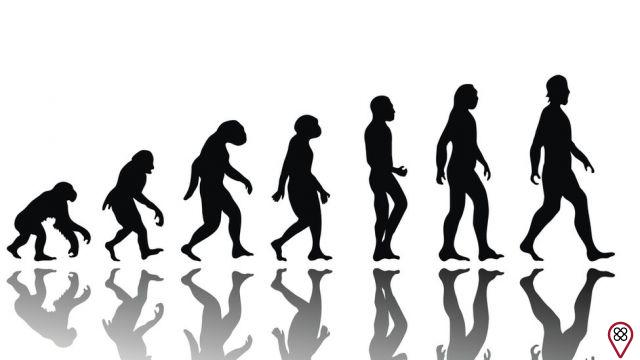The concept of happiness is very broad and particular to the understanding of each human being. Proof of this is the difference in the perception of happiness among people who, under the same material conditions and the same influence, perceive happiness unequally.
For our reflections, it is worth bringing to light the well-known sonnet “Velho Tema”, by the poet Vicente de Carvalho:
This happiness we suppose,
miraculous tree we dream
all harnessed with golden apples,
it exists, yes: but we have not reached it,
because it's always just where we put it
and we never put it where we are.
The great poet admits that happiness exists, but we put it in an unreachable place, and he is right. We want to be happy, but always depending on material conditions or subjective satisfactions arising from actions and events outside our being.
Happiness, however, is an intimate achievement, and the Spiritist Doctrine provides us with the necessary clarifications for our awareness of how to achieve it.
There are Laws that regulate everything that exists. Men create their laws and correct them with social development, but there are Laws that are immutable, as they regulate and sustain the entire Universe with impeccable precision and intelligence. It is the Law of God, which the Spiritist Doctrine calls Natural Law.

Our Lord Jesus Christ synthesized the Law of God in the Law of Love, in the way we do to others what we would like to be done to us, so it comes down to the practice of charity, according to Jesus:
“Benevolence to all, indulgence of the imperfections of others, forgiveness of offenses.” (The Spirits' Book, item 886).
In “The Spirits' Book” Allan Kardec asked the Benefactor Spirits of Humanity who have already conquered the happiness we long for:
What is meant by natural law?
– Natural law is the law of God. It is the only true one for the happiness of man; she tells him what he should and should not do, and he is unhappy only when he walks away from her.
Analyzing the text underlined by us in the answer, we easily perceive that to be happy, it would be enough to observe the Law of God, because the more we move away from it, the more unhappy we become.
As the Law of God must necessarily be within the reach of all his children, the Spiritual Benefactors said where it is:
Where is the law of God written?
– In conscience.
The Law of God being in the individual conscience, the perception of happiness is subordinated to the state in which the conscience is in relation to it, and as we all know from experience, our thoughts, desires and actions produce echoes in the conscience creating states of feeling. of guilt, remorse and regret, which end up making us unhappy when they break the Law of Love.

In this regard, the Spiritual Benefactor François Nicolas-Madeleine – Cardinal Morlot, opines in “The Gospel According to Spiritism”:
"I'm not happy! Happiness does not exist for me! Generally exclaims the man, in all social positions. This, my dear children, proves better than all possible reasoning the truth of this teaching of Ecclesiastes: 'Happiness is not of this world'. In fact, neither fortune, nor power, nor even youth in bloom are sufficient conditions for happiness. I tell you more: not even these three conditions are so desired together, since people of all ages are constantly heard, in the midst of the most privileged classes, complaining bitterly about the condition of their existence.
The Benefactor means that happiness has, on Earth, limits to be respected, as can be seen in The Spirits' Book:
Can man enjoy complete happiness on Earth?
— No, since life was given him as a trial or atonement; but it is up to him to assuage these evils and be as happy as he can be on Earth.
Proof is what the Spirit asks to pass to attest to its moral evolution, and atonement is the consequence of the harmful action it has caused to another, in this or in other lives.
Earthly happiness is relative to one's position; what suffices for the happiness of one makes the unhappiness of another. Is there, however, a measure of happiness common to all men?
– For material life, it is the possession of the necessary; for moral life, purity of conscience and faith in the future.

Let us realize that the happiness that can be experienced on Earth results from three aspects, which are:
- The way we relate to the possession of material goods – the more we wear out to conquer and maintain them, the more we move away from the experience of spiritual values;
- The way we relate to the Law of God;
- According to the faith that one has in the future, because as immortal beings we walk towards the future in search of perfection, which will result in full happiness.
You may also like
- Understand the philosophical view of happiness according to Socrates, Plato and Aristotle
- Being happy is relative! Understand how this process can have multiple facets
- Reflect: happiness is that serene window inside you
Happiness, therefore, is a matter of moral values, and that is why the Lord Jesus said that the Kingdom of God – read happiness – is within us, but we have stubbornly sought it outside ourselves, in the things and events of the world. world, and not in the only place where we can modify the values that are capable of making us happy regardless of the bodily, material and social conditions we are experiencing.
Let's think about it.

























